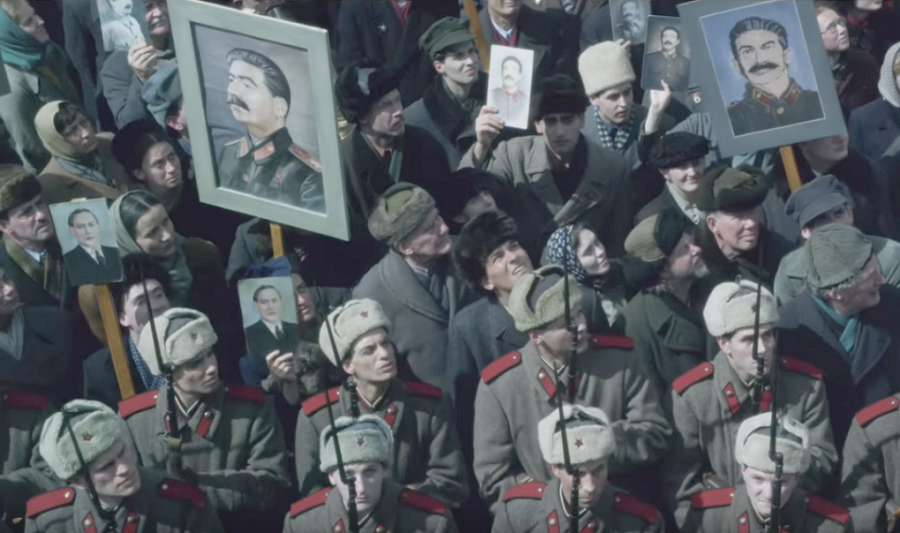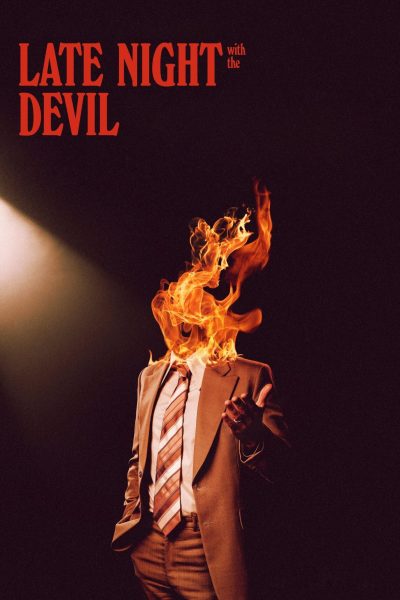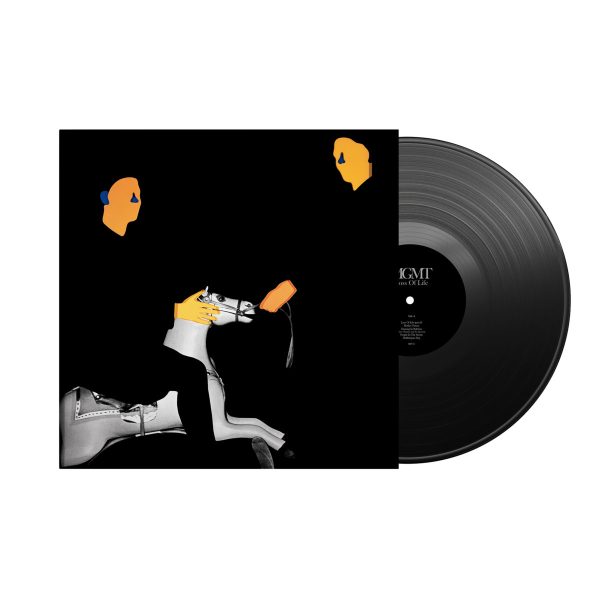The Death of Stalin: Biting Satire for Any Age
Though it has come out in the United States in limited release, The Death of Stalin has garnered significant coverage for its black humor and skillfully executed satire of strongman politics. All of this press is well deserved, as Armando Ianucci has turned out more riotous political humor along the lines of Veep. Based on a graphic novel, The Death of Stalin chronicles the leadership struggles and accompanying vicious backstabbing by the members of the Soviet Union leadership following the title event.
The film begins in a radio station in March 1953, where a Mozart concerto that Stalin had asked to be recorded has to be given again because the radio station did not begin the process of recording. Maria Yudina, an accomplished concert pianist, must be bribed by Nikita Khrushchev to play again, and she leaves a scathing note for Stalin in the record’s sleeve, as the NKVD, his security forces, had killed nearly her entire family. Stalin suffers a cerebral hemorrhage while laughing at reading Yudina’s note, and the Party leadership soon reveals their own agendas as they scramble to choose a new leader to fill the totalitarian Stalin’s shoes. Lavrentiy Beria, the head of security forces, wishes to continue the terror of Stalin and further crush dissent, Khrushchev desperately wants to pass reforms and stop repression, Vyacheslav Molotov wants revenge for his mistreatment under Stalin, including his wife’s imprisonment, and Georgy Malenkov, the Deputy Party Secretary, wants nothing more than to be left alone and carry out his duties. The men reluctantly agree to put Malenkov in charge until a new leader is found, allow all Soviet citizens to come to Moscow for Stalin’s wake, and make numerous concessions to each other in the name of carrying on the government’s work. Along the way, Khrushchev and company must deal with the demands of the Red Army and its bombastic leader, Field Marshal Georgy Zhukov; the ravings of Stalin’s unstable son Vasily and his overly assertive sister Svetlana; and general bureaucratic dysfunction as the situation further disintegrates into possible civil war.
By the nature of its title, The Death of Stalin ruthlessly mocks not only the dysfunction of the Soviet Union but also of authoritarian governments in general. Every action the leadership must take has to be verified by numerous offices that bicker constantly, sometimes with deadly results, as seen in the spats between the security forces and the regular military. Willfully imprisoning and executing swaths of the population on the mere command of the leader inevitably leads to disastrous results when their talents are later needed; this is shown with darkly humorous effect when “doctors” must be pulled from the streets to tend to Stalin as he lies unconscious, as all the good ones were sent to the gulags under suspicion of poisoning him. An overinflated bureaucracy naturally leads to miscommunications with the Eastern Orthodox bishops attending Stalin’s funeral without the knowledge of Beria and Khrushchev. Many critics have said that the film is analogous to the problems in President Trump’s administration, but all of these parallels were lost on me.
I enjoyed The Death of Stalin for its sheer comic value, as well as its blink-and-you’ll-miss-it historical references. While in Molotov’s apartment, Khrushchev laments the poor utilities and lack of privacy, which he aimed to fix as Soviet premier by building upgraded public housing with more walls to give individual families more space to themselves. The lack of good doctors references an anti-Semitic outbreak in the Soviet Union in the early 1950s, when Stalin’s doctors, most of them Jewish, were falsely accused of attempting to poison their patient. In the ending scene, once Khrushchev takes over the Soviet Union, his successor Leonid Brezhnev eyes him suspiciously under his distinctively prominent eyebrows, alluding to his crusade to remove Khrushchev from power after the end of the Cuban Missile Crisis. All said, most anyone can find something enjoyable about The Death of Stalin, and I highly recommend trying to find one of the few theaters where it is playing.
Your donation will support the student journalists of Saint Louis University. Your contribution will help us cover our annual website hosting costs.










